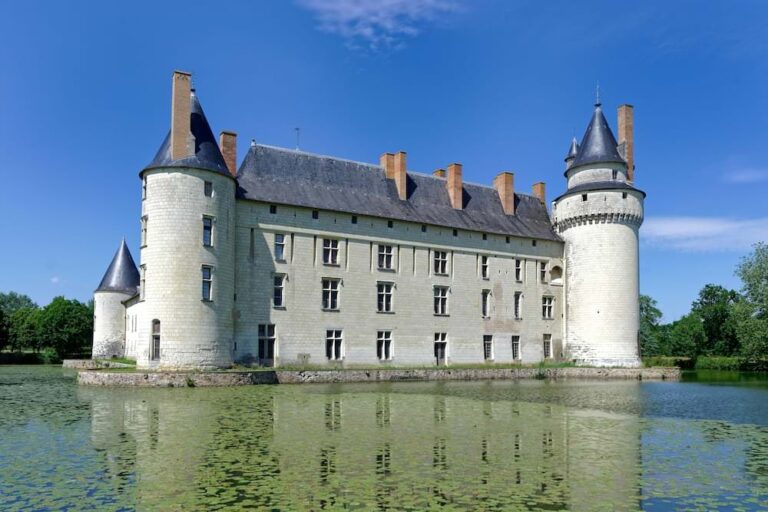that makes sense
If you want to express the idea of “that makes sense” in French, you have several options depending on the context:
- Ça a du sens: The most direct translation, used to say something is logical or understandable.
- C’est logique: When you mean something is logical or reasonable.
- Je comprends: Translates to “I understand,” implying that the statement makes sense to you.
- Ça se tient: Colloquial for “that holds up” or “that’s reasonable.”
- C’est clair: Used to say “that’s clear,” implying it is understandable.
These expressions help convey agreement or understanding in conversation.






